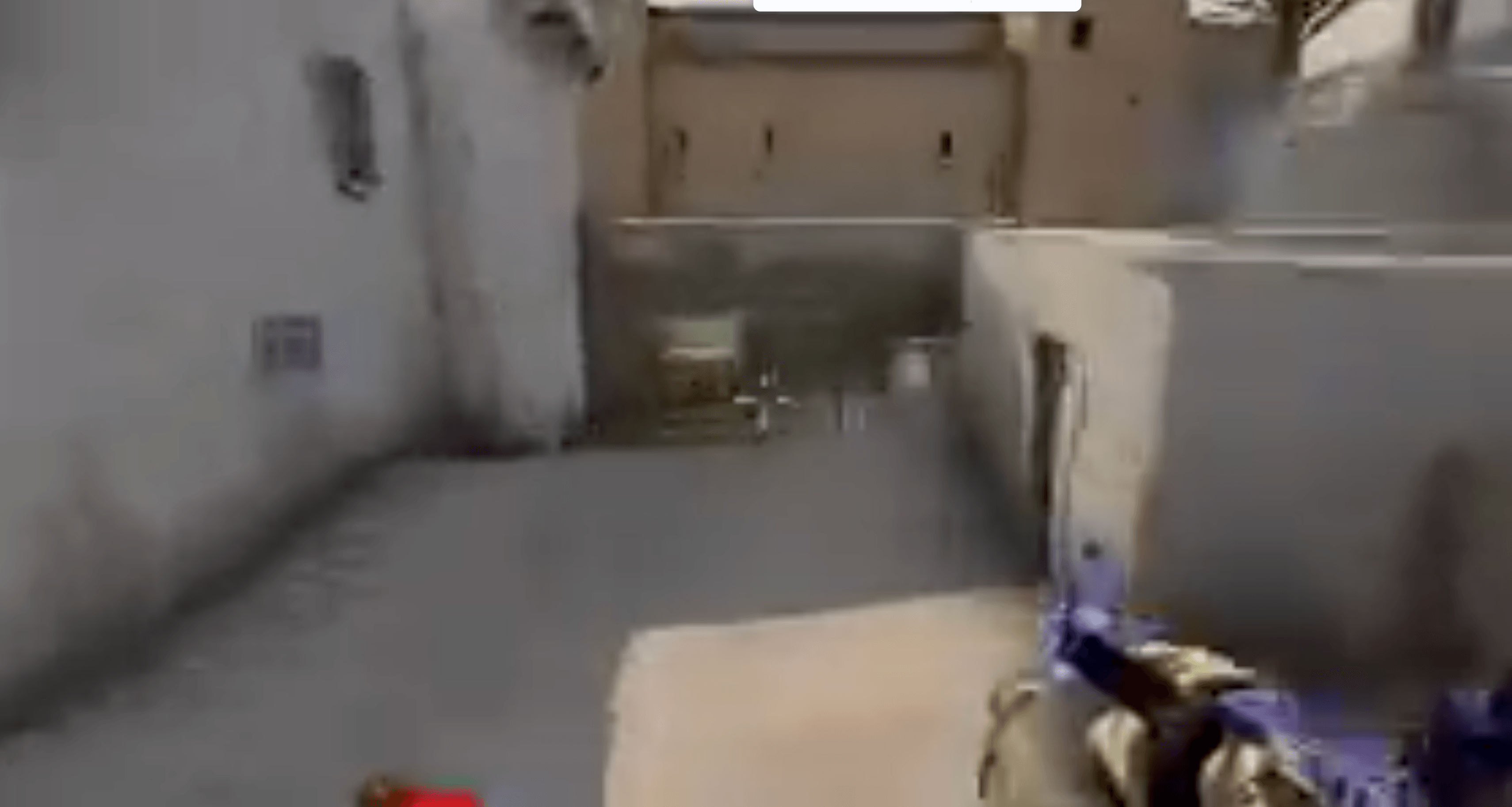AI model simulates Counter-Strike with 10 FPS on a single RTX 3090

Researchers have created an AI model that can simulate a janky version of Counter-Strike: Global Offensive (CS:GO) inside a neural network. The model, called DIAMOND (Diffusion for World Modelling), runs at 10 frames per second on a single Nvidia RTX 3090 graphics card.
The team trained DIAMOND on just 87 hours of CS:GO gameplay data. This is only 0.5% of the data used for similar projects like GameNGen. Despite the limited dataset, the model produces an impressive simulation of the game.
There are still many limitations of our model. We're sure you can find more yourself by interacting with the model.
However, we expect the world model would continue to improve by scaling up data and compute, given our dataset only amounts to 87h of gameplay.
(4/n) pic.twitter.com/EnqWiveUFL
- Eloi Alonso (@EloiAlonso1) October 11, 2024
DIAMOND was first shown for Atari games and uses a Transformer-based approach that treats player movements as "tokens," similar to words in a sentence. By predicting these tokens, the model learns to anticipate the next movement based on previous actions.
Researcher Eloi Alonso demonstrated the model's capabilities on Twitter. Videos showed players interacting with the simulated CS:GO environment using a keyboard and mouse. The simulation includes complex elements like player interactions, weapon mechanics, and environmental physics.
Limitations and glitches reveal challenges of AI simulation
The model still has some serious bugs. For example, players can jump an infinite number of times because DIAMOND doesn't take into account the Source Engine's gravity or collision detection. Departing from the frequently used paths seen in the training data leads to a complete collapse of the simulation.
The researchers believe scaling up data and computing power will improve the model further. They see potential for developing AI models that can navigate complex real-world environments.
DIAMOND for CS:GO was inspired by GameNGen, an AI system developed by Google Research, Google DeepMind, and Tel Aviv University. GameNGen can fully simulate parts of the classic game DOOM at over 20 frames per second on a single Google TPU chip.
The DIAMOND model is available on GitHub for those interested in exploring it further.
AI News Without the Hype – Curated by Humans
As a THE DECODER subscriber, you get ad-free reading, our weekly AI newsletter, the exclusive "AI Radar" Frontier Report 6× per year, access to comments, and our complete archive.
Subscribe nowAI news without the hype
Curated by humans.
- Over 20 percent launch discount.
- Read without distractions – no Google ads.
- Access to comments and community discussions.
- Weekly AI newsletter.
- 6 times a year: “AI Radar” – deep dives on key AI topics.
- Up to 25 % off on KI Pro online events.
- Access to our full ten-year archive.
- Get the latest AI news from The Decoder.